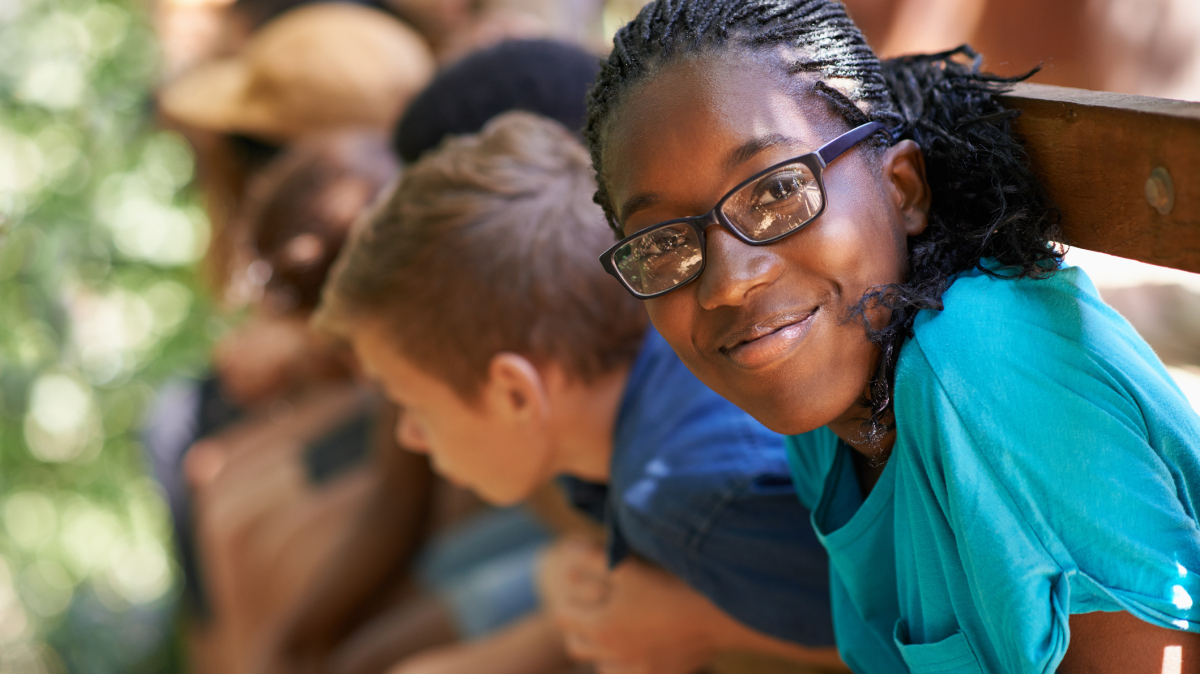Cooperation between the home and school

Cooperation between the home and school


Daughter: Here’s a letter from my teacher. You must go to a development talk next week.
Grandmother: Why has the teacher written the letter? Have you done something wrong?
Daughter: No, it’s just an ordinary meeting with the teacher. Everyone in the class gets a letter.
Grandmother: Are you sure you haven’t done anything wrong? When I went to school, parents only spoke to the teacher when their children had done something wrong.
Mother: It’s not like that anymore. I would like to talk to the teacher to hear how things are going. I also have a few questions about homework.

Parents have the main responsibility for their children. However, it’s good for children and young people that their parents cooperate with the kindergarten and school on their upbringing and education.
Parents and the school, together with the child, must ensure that the child learns what he/she needs. The pupil, parents and teacher must speak together about the child’s academic development and how the child is doing at school at least twice a year.
It is important that the parents read and take note of all written information from the school. Parents can contact the teacher or other school staff if they have any questions.
Talk together

- What does it mean that the school should be a good place to be for everyone?
- What does co-determination and shared responsibility mean?
This cooperation does not always work as we might wish. Parents and the school may have different opinions about what is important and right. Another problem may be that the school and parents have different expectations of each other. Some teachers report the following situations:
- Parents don’t attend parents’ meetings or development talks.
- Parents take children to their home country during the summer holiday, and don’t return when school starts in August. The children appear at school after a few weeks or months.
- Children who are born in Norway have poor Norwegian language skills when they start school.
- Parents don’t want pupils to take part in teaching activities outside school, e.g. at school camp.
- Pupils are not allowed to take part in gym or swimming lessons.
- Why do some parents make choices like this?
- What could the consequences be for the children?
- Talk about potential solutions to these problems.

Select the right answer
How often do the teacher, pupil and parents speak together about how the child is enjoying school and the child's academic development?
Select the right answer
What is discussed at a meeting with the teacher?
Select the right answer
This cooperation does not always work as we might wish. What could the problem be? You can select more than one answer.
Select right or wrong
Read the statements. What is right? What is wrong?
Select right or wrong
Read the statements. What is right? What is wrong?
